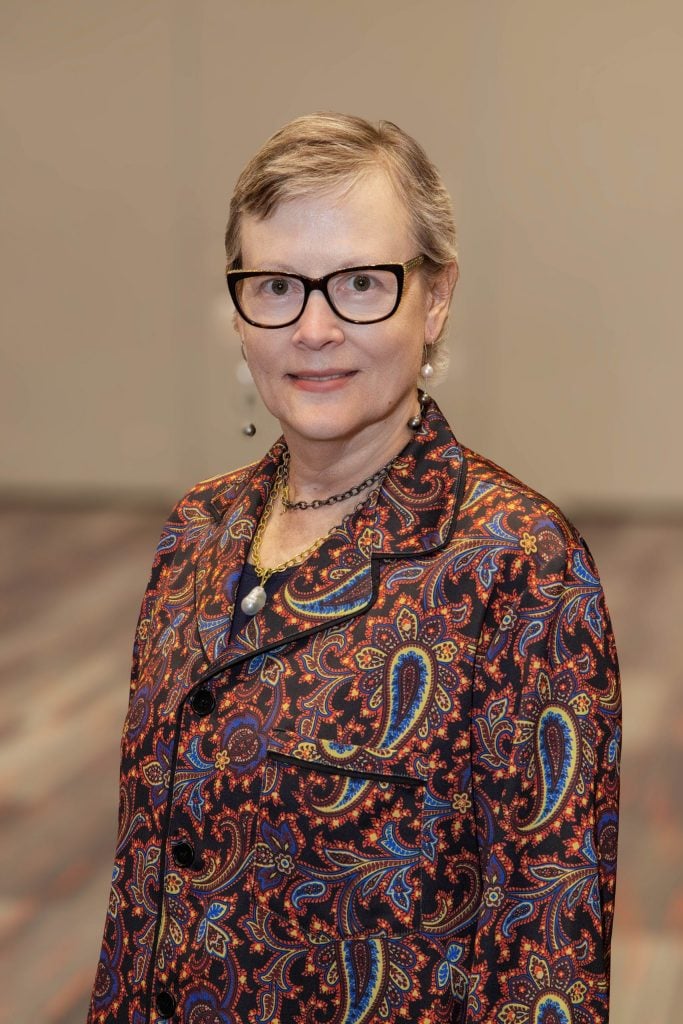
Every month is diabetes awareness month at the Endocrine Society. In the United States, November has been set aside for this purpose, allowing healthcare organizations, advocates, and providers to draw attention to this disease that affects millions of people.
I’d like to take this opportunity to recap some of the diabetes-related initiatives at the Endocrine Society over the past 12 months. These efforts include diabetes practice, education, advocacy, research, and more.
In July, the Endocrine Society, along with the European Society of Endocrinology, released an important new joint Clinical Practice Guideline on pre-existing diabetes and pregnancy.
The new guideline was developed “as diabetes rates are rising among women of reproductive age and very few women with diabetes receive proper preconception care,” explains Guideline Chair Jennifer Wyckoff, MD.
In addition to preconception planning, Wyckoff adds, “the guideline discusses advances in diabetes technology, delivery timing, medications and diet.”
Suggestions from the guideline include:
- Screening — Ask all women with diabetes of reproductive age about intent to conceive at every reproductive, diabetes, and primary care visit.
- Delivery timing — Before 39 weeks for pregnant individuals with diabetes as the risks associated with continued pregnancy may outweigh those of early delivery
- Medications — Discontinue anti-obesity medications called GLP-1s prior to pregnancy; avoid prescribing metformin in pregnant individuals with preexisting diabetes already on insulin.
- Diabetes technology — Recommend hybrid closed loop systems for pregnant individuals with type 1 diabetes.
- Contraception — Suggest women with diabetes use contraception until they are ready to become pregnant.
This guideline was published online in The Journal of Clinical Endocrinology & Metabolism (JCEM) and the European Journal of Endocrinology (EJE) and joins other important Society clinical guidelines on diabetes.
Diabetes Treatment Education
The Society’s diabetes guidelines are designed to improve clinical practice. So, too, are our diabetes-related continuing medical education (CME) programs. This year we launched many new CME online programs related to diabetes care, many of them free, including:
- Metabolic Health and Obesity in Children
- Uncomplicating the Complications of Type 2 Diabetes Through a Tailored Approach to Comorbidity Management
- Understanding the Interconnectivity of Type 2 Diabetes, Cardiovascular Disease and Chronic Kidney Disease
- Evaluating Modes of Insulin Delivery for Improved Patient Experiences
- Revolutionizing Type 1 Diabetes Care Through Advanced Screening and Monitoring
- Patient POV: Shared Decision Making in the Management of Type 2 Diabetes with Comorbidities
- Evaluating Advanced Technology for Patient-Specific Management of Type 1 Diabetes
Access these and other diabetes-related educational resources in our Center for Learning.
Advocacy: Funding for Diabetes Research and Access to Affordable Treatments
Capitol Hill is another area where the Society is advancing diabetes interests. This year, the Society successfully advocated to restore funding for the Diabetes Prevention Program Outcomes Study (DPPOS) and funding for the Diabetes Research Centers at the National Institutes of Health (NIH).
This effort was needed after the presidential administration earlier this year abruptly canceled funding for both programs, which are critical for diabetes research.
DPPOS examines the long-term effects of diabetes prevention on other health conditions, including Alzheimer’s disease, cancer, and heart disease. This long-term study follows the surviving participants of the original Diabetes Prevention Program (DPP) cohort.
Our advocacy staff and member volunteers urged the administration to reverse its decision, while we worked closely with co-chairs of the Congressional Diabetes Caucus. Ultimately, funding for DPPOS and the research centers was restored this summer.
On another important diabetes front, the Society continues to urge Congress to pass a long-term reauthorization of the Special Diabetes Program (SDP).
SDP provides funding for type 1 diabetes research through the National Institutes of Diabetes and Digestive and Kidney Diseases (NIDDK) and funding for type 2 diabetes prevention and education programs for American Indian and Alaska Natives at the Indian Health Service.
We are one of the only organizations advocating for SDP funding, and we will continue to press Congress for long-term funding of this critical program.
Diabetes Research in our Journals
Research is still another area where the Society continues to make important contributions to diabetes knowledge.
In July, we released a Scientific Statement that provides an overview of scientific challenges and highlights opportunities for improving our understanding of the pathogenesis of type 1 diabetes. Access the statement here: Challenges and Opportunities for Understanding the Pathogenesis of Type 1 Diabetes.
In addition, various ground-breaking articles have been published in our suite of journals. Articles in the Journal of Clinical Endocrinology & Metabolism (JCEM) include:
- Preexisting Diabetes and Pregnancy: An Endocrine Society and European Society of Endocrinology Joint Clinical Practice Guideline
- Effects of a Carbohydrate-Restricted Diet on β-Cell Response in Adults With Type 2 Diabetes
Diabetes research in our other journals include:
- Insulin Resistance in Type 1 Diabetes: Pathophysiological, Clinical, and Therapeutic Relevance Endocrine Reviews, Review article
- The Impact of Hypothyroidism on Cardiovascular-Related Healthcare Utilization in the US Population With Diabetes Journal of the Endocrine Society, Clinical Research Article
- Interaction of B0AT1 Deficiency and Diet on Metabolic Function and Diabetes Incidence in Male Nonobese Diabetic Mice Endocrinology, Research article
- A Case of Amyotrophic Lateral Sclerosis With Coexisting Maturity-onset Diabetes of the Young Type 5 JCEM Case Reports, Case Report
As you can see, we’re always raising awareness of diabetes, in November and every other month of the year. We encourage you to submit your diabetes research as ENDO abstracts and journal publications. Our EndoForum platform offers members a place to discuss research advances and best practices with peers from around the globe.

